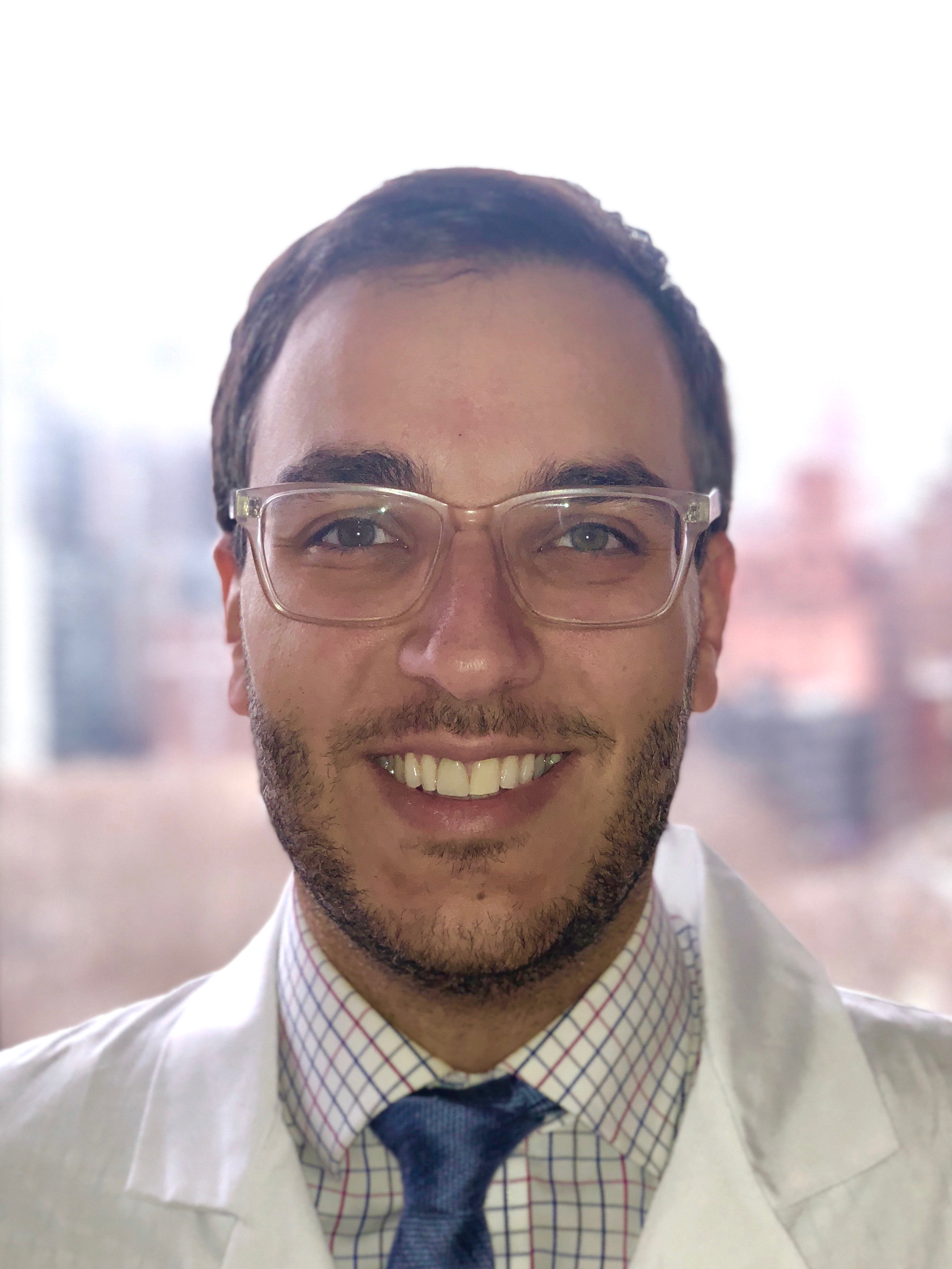Finding the Right Mentor
By: Radu Postelnicu, MD
June 27, 2018
This post is a part of our Life as a Fellow blog post series. This series includes "fellow life lessons" from current trainees in leadership with CHEST.
Mentoring is a process synonymous with guardianship and guiding. A mentor is a motivator, facilitator, and cheerleader; but most importantly, a mentor should be someone who has your best interest at heart. They will teach you and encourage you to push yourself to do your very best and to learn as much as you can about your field and how to grow in it. They will share information about their own growth and stumbles and help you navigate the potential hurdles and setbacks that you may encounter. Overall, a mentor should be a role model and teacher—someone who can help you grow, develop your skillset, and shape your confidence and character.
It is important to know what you are passionate about and what you aim to achieve. Finding a mentor that can help you on this path is crucial. If you are more interested in a research career, then it would be prudent to find someone who works in that field. Whether you want to spend years in clinical research and direct patient care or you feel that your niche may be in bench research, you should make a try to make a decision about your career goals early. No mentor will find your passion for you. Choosing a mentor before knowing what you want to do could be analogous to putting the cart in front of the horse.
Do not wait until you are deep into fellowship to start looking for a mentor. This process can take time, and the earlier you start, the better.
Do not wait until you are deep into fellowship to start looking for a mentor. This process can take time, and the earlier you start, the better. Future mentees sometimes perceive certain barriers to finding the right fit with potential mentors: a lack of local or adequate mentor selection, time constraints for the mentors, inadequate access, or a lack of formal programs and mechanisms to connect with mentors. Assigned partnerships can sometimes be perceived as superficial, though this is not necessarily the case all of the time.
Mentors can often be found in your own departments—individuals you have closely worked with, whose research you are interested in, or who have achieved a career trajectory that you wish to emulate. But these are not always the best and most appropriate connections. Mentors are sometimes in other divisions as well or even at different institutions. This is where previous connections and networking comes into play. Professional societies such as CHEST have great events to meet potential mentors and meeting this individual early in your career can certainly pave the way for future collaboration.
Once you have found a potential mentor, you should arrange to meet regularly and frequently with them, and you need to make sure that you feel adequately supervised and supported.
Once you have found a potential mentor, you should arrange to meet regularly and frequently with them, and you need to make sure that you feel adequately supervised and supported. You should formulate a clear plan detailing your expectations and benchmarks. In order to avoid any potential conflicts, it is important for you to feel adequately supervised and supported, and you and your mentor should align in terms of goals and expectations. Despite being very diligent at choosing your mentor, sometimes things just do not work out for one reason or another, but that does not necessarily mean that you need to give up on this relationship that you have formed.
Overall, finding a mentor is a very important process that is a part of your fellowship training and throughout your career. The relationships that you form can help shape your own advancement in the field. Having the backing of someone that has your best interests at heart is an invaluable experience and one that is often overlooked, so it is important to start early and to be diligent in this process.
 Radu Postelnicu, MD, is a graduate of Tulane University School of Medicine. He trained in internal medicine at New York University School of Medicine. He is currently ending his third year as a pulmonary and critical care medicine fellow at NYU, where he will stay on as faculty after graduation.
Radu Postelnicu, MD, is a graduate of Tulane University School of Medicine. He trained in internal medicine at New York University School of Medicine. He is currently ending his third year as a pulmonary and critical care medicine fellow at NYU, where he will stay on as faculty after graduation.